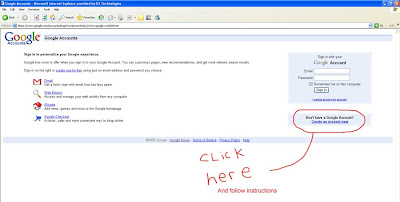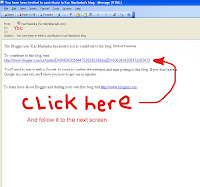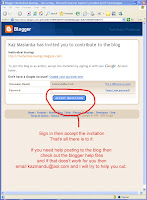Here is a link to the BioTeam Blog Interview with Ken Thompson:
Ken Thompson - Bio-teaming www.bioteams.com and Swarm Teams www.swarmteams.com
Summary notes added by P. Frischer: Information obtained from observing nature’s team. For example, in migration, there is not one leader who knows the way. Instead everyone has a bit of the knowledge and the leader changes as the journey progresses.
Team Intelligence – working for collective success
Treat every member of the team as a leader
Everyone communicate to everyone – short messages (texting or emails or blog communications)
Learn by experimentation – don’t spend too much time planning
Work may start from a nucleus but expand the team to get full benefit from all members.
Summary of video above:
1. Karma Check – set goals of the team, set expectation. Trust Breakers –free loader comes to the meeting to see if it will work. If you are free loader of the month twice, you don’t contribute and are out. If you don’t come to three meetings you are out with the three strike rule
2. Clear rules of engagement - Write down all that is agreed. The 5% that is not agreed caused 95% of the problems. What information is shared. Try to agree on shared values and behaviors
3. Don’t fly to close to hit each other, but stayed alignment and stay close together.
4. Look for collective success – if you only looking out for yourself, the team will fail. Have early warning systems to see if the team is still functioning
5. Strong ties to ask for help when you need it and trust that is OK
6. Weak ties to get new input – use as grapevine, use for short term solution
7. Three types of wisdom – a. wisdom of group, the average answer is the best, b. collective intelligence (identify the one who know the subject the best and use it) or c. the leader decides. All are useful at different times.
















